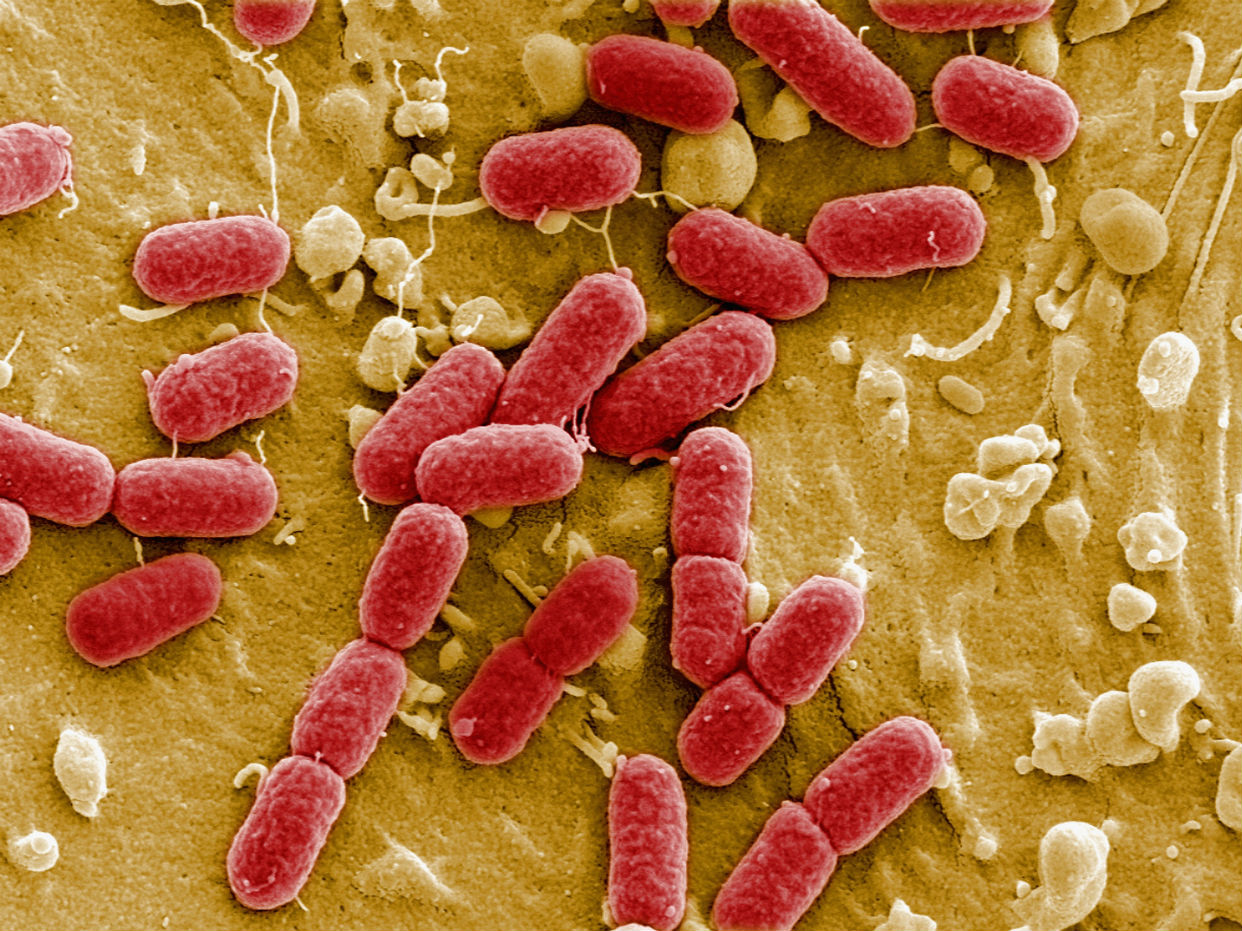
Why microbes are inspiring a massive shift in medicine
- Select a language for the TTS:
- UK English Female
- UK English Male
- US English Female
- US English Male
- Australian Female
- Australian Male
- Language selected: (auto detect) - EN
Play all audios:
The most common form of childhood cancer may be caused by a lack of early interaction with germs, one of the UK’s top scientists has claimed. Professor Mel Greaves, from The Institute of
Cancer Research, London, assessed the most comprehensive body of evidence ever collected on acute lymphoblastic leukaemia, which affects about one in 2,000 children. Greaves “has amassed 30
years of evidence to show the immune system can become cancerous if it does not ‘see’ enough bugs early in life”, reports the BBC. SUBSCRIBE TO THE WEEK Escape your echo chamber. Get the
facts behind the news, plus analysis from multiple perspectives. SUBSCRIBE & SAVE SIGN UP FOR THE WEEK'S FREE NEWSLETTERS From our morning news briefing to a weekly Good News
Newsletter, get the best of The Week delivered directly to your inbox. From our morning news briefing to a weekly Good News Newsletter, get the best of The Week delivered directly to your
inbox. The biologist suggests that childhood leukaemia, along with type I diabetes and other autoimmune diseases and allergies, might be preventable if a child’s immune system is properly
“primed” in the first year of their life. Dr Alasdair Rankin, the director of research at the blood cancer charity Bloodwise, urged hygiene-conscious parents “not to be alarmed” by the study
findings. He added: “While developing a strong immune system early in life may slightly further reduce risk, there is nothing that can be currently done to definitively prevent childhood
leukaemia.” Nevertheless, Greaves’s study “is part of a massive shift taking place in medicine”, the BBC reports. “To date we have treated microbes as the bad guys,” says the broadcaster.
“Yet recognising their important role for our health and well-being is revolutionising the understanding of diseases from allergies to Parkinson’s and depression and now leukaemia.” WHAT ARE
MICROBES? Both inside and out, “our bodies harbour a huge array of micro-organisms”, says The Guardian. Bacteria are the biggest players, but “we also host single-celled organisms known as
archaea, as well as fungi, viruses and other microbes – including viruses that attack bacteria”, the newspaper adds. Together these are known as your body’s microbiome. WHAT’S CHANGED? Until
recently, microbes were thought to be harmful but it is now recognised that while some are pathogens, others are very useful to the body, “such as by helping to break down the array of
sugars found in human breast milk”, says The Guardian. The microbes that live in our gut “also seem to be important in preventing a number of diseases caused by inflammation such as
psoriatic arthritis, diabetes and gut conditions like inflammatory bowel disease”, says Ana Valdes, an associate professor at the University of Nottingham, in an article on The Conversation.
“In all of these diseases, it has been found that there is a lack of diversity of healthy gut bacteria, which means there are fewer kinds of microbes,” she says. Advances in medicine are
rapidly uncovering “the role the microbiome plays in digestion, regulating the immune system, protecting against disease and manufacturing vital vitamins”, says the BBC. Professor Rob
Knight, from the University of California San Diego, told the broadcaster: “We’re finding ways that these tiny creatures totally transform our health in ways we never imagined until
recently.” WHAT DOES THE FUTURE HOLD? “The big hope,” says the BBC, is that “microbes could be a new form of medicine” that, essentially, uses “bugs as drugs”. Dr Trevor Lawley, from the
Wellcome Trust Sanger Institute, is trying to grow a whole microbiome from healthy patients and those who are ill. “In a diseased state there could be bugs missing, for example. The concept
is to reintroduce those,” he explains. Lawley argues that there is increasing evidence that repairing and adapting a person’s microbiome “can actually lead to remission” in some diseases,
such as ulcerative colitis, a type of inflammatory bowel disease. He added: “I think for a lot of diseases we study, it’s going to be defined mixtures of bugs, maybe ten or 15 that are going
into a patient.” Explore More Cancer